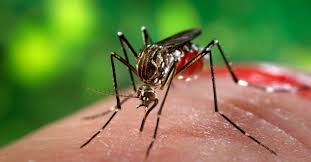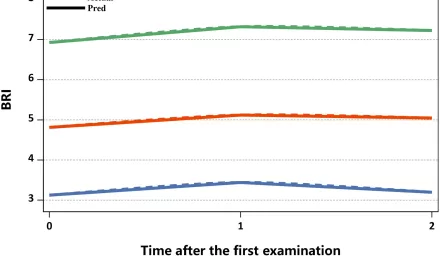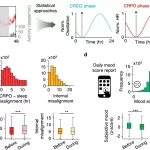Malaria, a disease caused by the Plasmodium parasite and transmitted through the bite of an infected mosquito, remains one of the deadliest infectious diseases worldwide. It disproportionately affects pregnant women, children, and displaced people in developing countries, with the U.S. Centers for Disease Control and Prevention (CDC) identifying these groups as the most vulnerable.
One of the major challenges in malaria treatment is the growing resistance of Plasmodium falciparum, the deadliest malaria parasite, to almost all available medications. However, a groundbreaking study published in Science Advances offers new hope. Researchers at Case Western Reserve University have discovered a potential new target for malaria treatment: a cholesterol-managing protein known as PfNCR1.
According to Edward Yu, a professor of pharmacology at Case Western Reserve School of Medicine and lead researcher on the study, this discovery could significantly change the way we approach malaria treatment. “A parasite needs the right amount of cholesterol to survive and grow in its host,” Yu explained. “PfNCR1 acts as a transporter, moving cholesterol around to maintain the parasite’s membrane stability.”
The researchers found that a compound named MMV009108 could block the activity of the PfNCR1 transporter. This disruption prevents the parasite from regulating its cholesterol levels, ultimately hindering its ability to survive. In lab tests, MMV009108 was able to stop the transporter from functioning, suggesting a new strategy for targeting drug-resistant malaria.
“This breakthrough is a big step forward in developing new malaria treatments,” said Yu. “By focusing on PfNCR1, scientists could develop drugs that are harder for the parasite to resist, potentially advancing our fight against one of the deadliest and most persistent illnesses in the world.”
To further explore the potential of PfNCR1 as a therapeutic target, Yu’s team is now focusing on studying the protein’s structure and how it interacts with various inhibitors. Understanding these interactions could help design drugs that more effectively combat malaria, including strains that are resistant to current treatments.
The study, titled The Plasmodium falciparum NCR1 transporter is a novel antimalarial target that exports cholesterol from the parasite’s plasma membrane, was published in Science Advances on December 19, 2024. This research marks an important step in the ongoing battle to find new and more effective ways to combat malaria.
For further reading, visit the full study at Science Advances.
Journal information:
Science Advances
DOI: 10.1126/sciadv.adq6651











